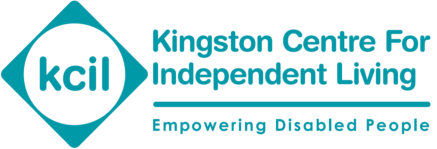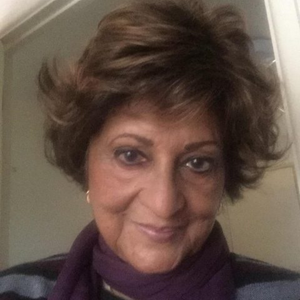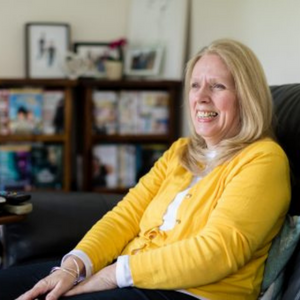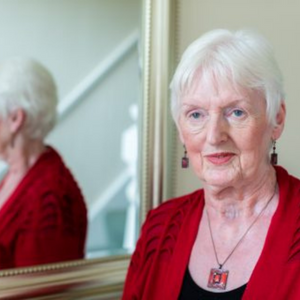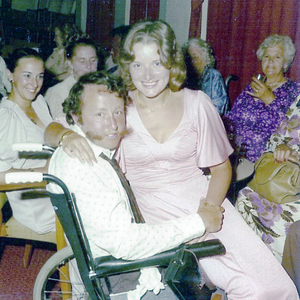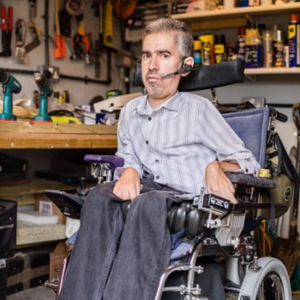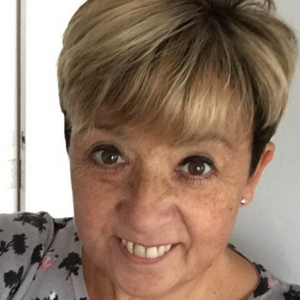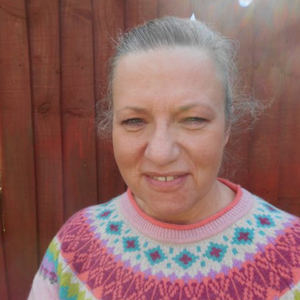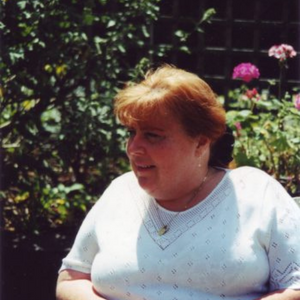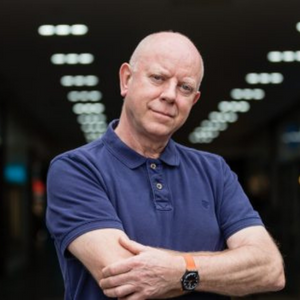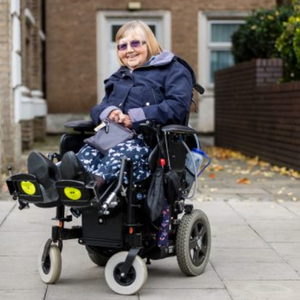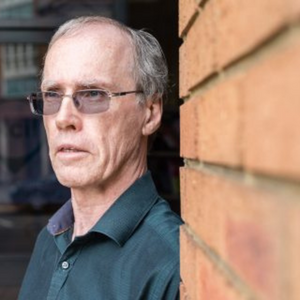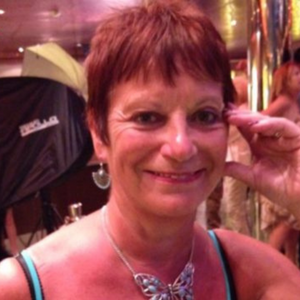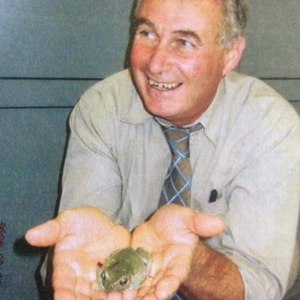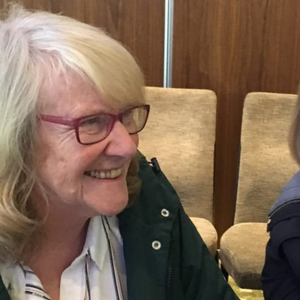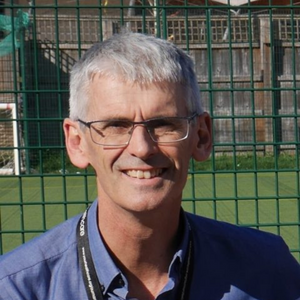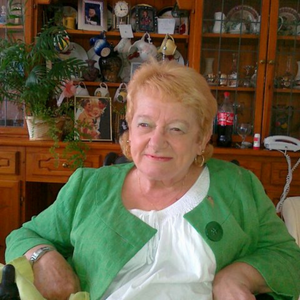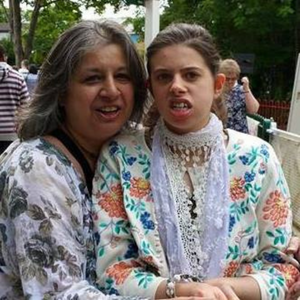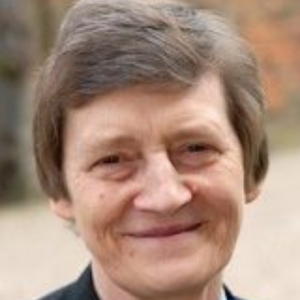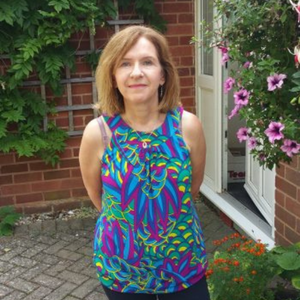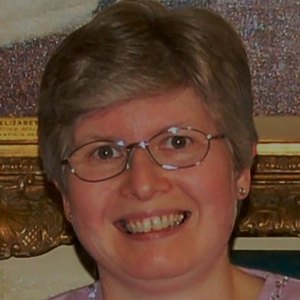Interviews
In our minds we set independent living up thinking this would not be a pilot for very long, that it would become a choice.
I’ve been fortunate to meet a lot of inspiring people that have had to deal with a lot more so, you know. And that’s what I say, you do learn from others.
I would go out and meet people because I wanted them to come to Eye Contact. I didn’t want them to be fearful of anything that was going on.
Well it’s difficult isn’t it because you don’t know you’re visually impaired until you compare with other people what they can see.
Wes was always known as Wes, and a lot of people say they forgot about the wheelchair because Wes didn’t really give you time to think much about that.
I got involved in the disability movement, not because I wanted to or because I felt it was all I wanted to do, but because I thought, hang on, why have we got all these barriers, what’s going on?
The only way we’re going to move forward is by making sure we respect and listen to our colleagues, but most of all that we respect and listen to the people that we’re giving services to.
I suppose it’s just listening that’s the most important thing. Sometimes we haven’t got an answer for something but just the fact that they’ve got you on the other end.
Trying to make a difference in the Borough. I’ve never been frightened of talking to whoever it may be and putting my point across and saying ‘what can you do to help?
It was such a good thing to do, and it was the right thing to do. I think a lot of good things have stemmed from it.
Well I was terrified because I’d never done anything like that before, and thinking of employing people, oh it was mind boggling.
It doesn’t come as second nature to people to consider people with impairments. In some cases you do have to fight for it, but it is quite exhausting to constantly remind people and justify why you want something.
Independence really means supporting you to live the way you want, rather than the way some medical minded people might think you should be doing.
We had a meeting to discuss how the service could be more flexible, because finishing at 10pm, people didn’t want to go to bed between 6pm and 10pm.
When I got there…I mean it had a real pastoral role, and I’m glad to say it…still continues to this day to have a real heart and a care for the kids.
With Andrew, he and I have a terrific understanding between us. He has a very clever way of putting words together, but sometimes if you’re not on the right wavelength and you don’t totally understand, there can be fireworks.
To have the kind of boundless energy to take those kind of disappointments and setbacks and still keep fighting…seeing more more disabled people inspired to take that challenge on.
Without it, I don’t know what I would have done. It’s been a godsend, it really has. When you’re an independent person and you want to do your own thing, obviously you want to lead as normal a life as possible.
Rachel needs to be stimulated and be active, to feel cared for. And the only way you can achieve that with somebody that’s non-verbal is by one-to-one engagement with intensive interaction, and we need far more skilled practitioners doing that.
We needed to ensure a degree of equality between those who wished to join the scheme, and other service users.
I knew as soon as I met them, they were women who made it happen. They had a clear vision of where they wanted to get to.
I would like to see a society that values everyone, including disabled people, therefore supporting disabled people as an investment rather than a drain.
